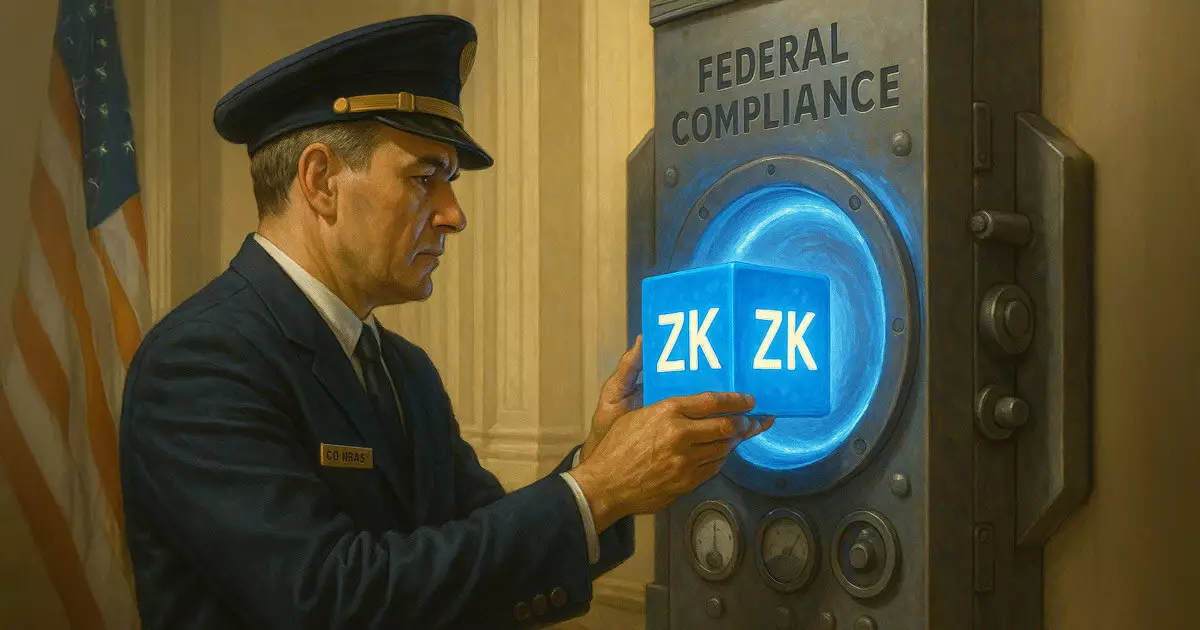The current regulatory landscape governing financial transactions in the United States is deeply rooted in traditional methods that emphasize extensive data collection and centralized control. This system, exemplified by the Bank Secrecy Act, mandates comprehensive KYC protocols that require consumers to sacrifice their privacy for security. While ostensibly designed to combat illicit activities, these measures often come at the expense of individual freedom and data security. The entrenched bureaucracy that benefits from storing vast amounts of personal data is resistant to change, claiming it is necessary for oversight but frequently falling short in actual security and efficiency.
This entrenched model exposes a glaring contradiction: the more data collected, the higher the vulnerability to cyberattacks, identity theft, and government overreach. As hackers routinely breach large centralized databases, the risk is not theoretical but immediate and tangible. Yet, policymakers tend to double down instead of embracing innovative solutions that could bolster both security and privacy. The push to modernize the BSA through emerging blockchain technologies underlines a fundamental misjudgment of the potential for technological advancement to enhance, rather than hinder, regulatory compliance.
Enter Zero-Knowledge Proofs: A Paradigm Shift?
Coinbase’s advocacy for Zero-Knowledge Proofs (ZKPs) signals a significant shift in how we might conceive financial transparency and privacy. By allowing users to prove possession of certain information without revealing the underlying data, ZKPs introduce a nuanced approach that could reconcile the need for law enforcement oversight with the fundamental rights of individuals. This technology can verify identities, ages, and compliance statuses without exposing sensitive personal details—effectively creating a cryptographic barrier that preserves privacy while satisfying regulatory demands.
The implications are profound: imagine opening an account without surrendering decades of personal history or risking exposure to cybercriminals. Instead, users can provide cryptographic attestations—proofs that can hold up against subpoenas when necessary—thus shifting the burden of data disclosure from the individual to the entity holding the cryptographic proof. This would not only make breach attempts less rewarding but also reduce the amount of unnecessary personal data stored in vulnerable systems, an improvement that aligns with libertarian principles of privacy and limited government intrusion.
Balancing Regulation and Freedom
Critics may argue that such a system could hinder law enforcement’s ability to swiftly access data in criminal investigations; however, Coinbase’s proposal suggests a balanced approach. It advocates for a system where compliance data can be “subpoenaed” from the custodian of the ZKP, preserving the chain of accountability without exposing all private data upfront. This ensures enforcement agencies retain their investigative powers, but within a framework that respects individual rights and minimizes excessive data collection.
Such a blockchain-based compliance system would threaten the existing monopoly that government agencies and entrenched financial institutions have over consumer data. It challenges the narrative that regulation must inherently involve mass surveillance and overreach. Instead, it champions a model where compliance and privacy coexist—precisely what a center-right liberalism should favor: safeguarding personal liberty while maintaining order through intelligent, technologically empowered regulation.
Economic and Political Implications
Coinbase’s push for ZKPs aligns with broader market strategies emphasizing innovation and adaptability. Despite recent stock declines driven by short-term market reactions to quarterly results, Coinbase demonstrates resilience through strategic positioning in the burgeoning crypto ecosystem. Its investments in diverse platforms—including its expansion into DeFi, NFTs, and integrated trading apps—indicate confidence that the future of finance may be fundamentally different from today’s centralized, privacy-invasive systems.
Politically, advocating for privacy-enhancing technologies like ZKPs underscores a nuanced stance that neither embraces unregulated chaos nor authoritarian oversight. Center-right liberals should view this as an opportunity: supporting technological innovation that fosters privacy and security without overly expanding government power. The potential shift toward privacy-preserving compliance mechanisms could pave the way for a new era of financial freedom, where entrepreneurs and consumers are empowered rather than oppressed by outdated regulations.
The discourse surrounding ZKPs and modernized regulation is no longer theoretical but urgently relevant. Embracing this innovation demands critical self-assessment of existing regulatory paradigms that have grown cumbersome and vulnerable. Coinbase’s advocacy, while contested, signals a necessary challenge to bureaucratic inertia, offering a vision of a future in which privacy and security are not mutually exclusive but mutually reinforcing.



















Leave a Reply